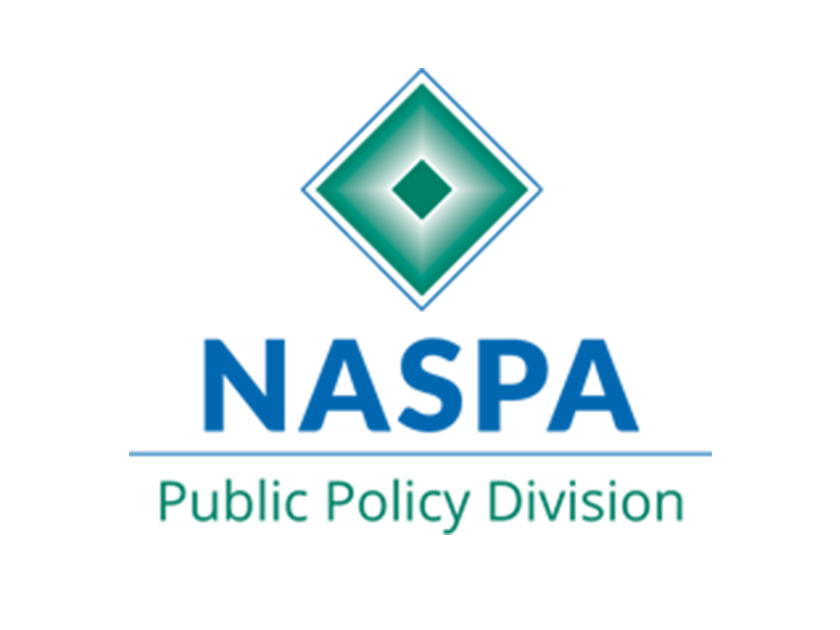
2021-2024 Public Policy Agenda & 2024-2026 Public Policy Addendum
Focus Area Policy and Advocacy Community Public Policy Division
January 26, 2021
Building on NASPA’s role as a leading advocate for public policy in support of students and the student affairs profession, and reflecting the Association’s continuing effort to develop members’ professional competencies to engage effectively in public policy conversations, NASPA’s Public Policy Division presents the following agenda to guide member and staff public policy advocacy, professional development, and engagement for 2021 through 2024. Framed according to the 2019-2024 NASPA Strategic Plan, the NASPA Public Policy Agenda is designed to provide flexibility in responding to enduring and emerging policy issues.
The agenda is noticeably U.S. policy centric with a focus on federal, state, and local issues impacting American higher education, while recognizing that NASPA’s international members are confronted with important and unique policy considerations of their own. NASPA strives to acknowledge the rich diversity of its membership, and understands that each policy priority may not perfectly align with all members or member institutions at all times. Acknowledging these limitations, the agenda is grounded in a commitment to ensuring opportunity for all and a belief that higher education is a great benefit to both individuals and society. NASPA members and staff will direct efforts toward the following key public policy areas described below.
(2024 UPDATE) The Public Policy Division (PPD) of NASPA has released an addendum to their Public Policy Agenda to bridge the gap until the new NASPA Strategic Plan is released in 2026. Based on a survey of 179 NASPA members, the addendum will prioritize topics relating to financial aid and college affordability, student mental health, basic needs, political interference in higher education, and racial justice. The survey indicated a preference for state-level policy relevance and highlighted the importance of NASPA's direct engagement with federal developments and the creation of advocacy events. The addendum aims to provide timely, concise, and actionable policy updates and resources.